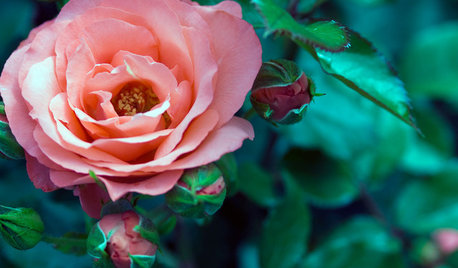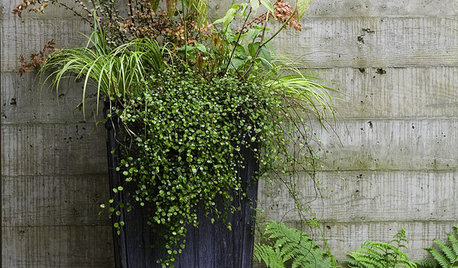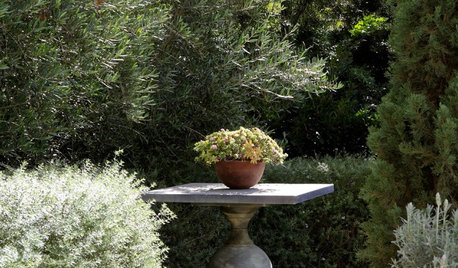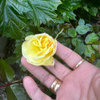What's the secret to growing SECRET?
sara_ann-z6bok
9 years ago
Featured Answer
Comments (21)
jerijen
9 years agoanntn6b
9 years agoRelated Professionals
Cottonwood Landscape Architects & Landscape Designers · La Marque Landscape Architects & Landscape Designers · Otsego Landscape Architects & Landscape Designers · South Elgin Landscape Architects & Landscape Designers · Willowick Landscape Architects & Landscape Designers · Newcastle Landscape Architects & Landscape Designers · Costa Mesa Landscape Contractors · Doctor Phillips Landscape Contractors · Flagstaff Landscape Contractors · Fort Atkinson Landscape Contractors · Fort Hunt Landscape Contractors · Long Beach Landscape Contractors · Oak Forest Landscape Contractors · Salem Landscape Contractors · Northlake Landscape Contractorsjerijen
9 years agoken-n.ga.mts
9 years agojerijen
9 years agosara_ann-z6bok
9 years agojerijen
9 years agosara_ann-z6bok
9 years agoroseseek
9 years agojerijen
9 years agotreehugger101
8 years agoromogen
8 years agohuckdog1
8 years agoroseseek
8 years agoromogen
8 years agolast modified: 8 years agoroseseek
8 years agoromogen
8 years agolast modified: 8 years agokublakan
8 years agoAl Mitchell zone 5b (ameri2nal)
8 years agozack_lau z6 CT ARS Consulting Rosarian
8 years agolast modified: 8 years ago
Related Stories

GARDENING GUIDESLearn the Secret to Bigger and Better Roses
Grow beautiful roses using both ordinary and unusual soil amendments
Full Story
GARDENING GUIDESThe Secret Formula for Grouping Plants in a Pot
Designing a gorgeous container garden is easy once you know this simple rule of thumb for composition
Full Story
WINTER GARDENINGPruning Secrets for Exquisite Roses
Encourage gorgeous blooms year after year with this time-tested advice on how to prune your rosebush in winter for health and shape
Full Story
GARDENING GUIDESThe Simple Secret to Gardening Success
Learn the kinds of soil and a DIY type test to make sure you’re putting the right plant in the right place
Full Story
LANDSCAPE DESIGNDream Spaces: A Secret Garden of Your Own
Unleash your inner child and create space in your garden for whimsy and romance
Full Story
FUN HOUZZFor the Kids: Secret Forts Indoors
When it's too cold for tree houses and playhouses, create a cozy kids' hideaway indoors
Full Story
DECORATING GUIDESTop 10 Interior Stylist Secrets Revealed
Give your home's interiors magazine-ready polish with these tips to finesse the finishing design touches
Full Story
GARDENING AND LANDSCAPINGLandscape Design: A Secret Garden
Create a sense of discovery in your garden with an unexpected clearing, a shady arbor or a secluded nook
Full Story
KITCHEN DESIGNKitchen of the Week: High Function and a Little Secret in Missouri
There’s plenty of room for cooking and a hidden feature too in this flexible, family-friendly kitchen
Full Story
DECORATING STYLESWorld of Design: 11 Secrets of British Eccentric Style
Playfulness, humor and imperfection are some of the elements common to this unconventional way of decorating
Full StoryMore Discussions








hoovb zone 9 sunset 23